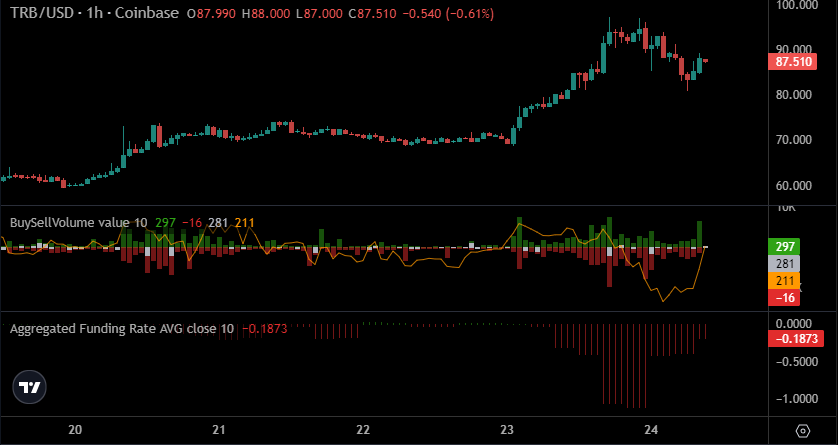Story Highlights:
- Apple’s decision to delay new features in the EU stems from concerns about the Digital Markets Act’s stringent compliance requirements.
- The EU identifies Apple as a gatekeeper, impacting their operations and subjecting them to potential hefty penalties for non-compliance.
- Features like iPhone mirroring and SharePlay screen sharing are withheld to avoid conflicts with the EU’s new regulatory framework.

Apple has decided to postpone the introduction of several advanced features in the European Union, a move driven by the stringent requirements of the Digital Markets Act (DMA). This legislation, which took effect in May 2023, is designed to regulate large technology firms more closely and ensure fair competition.
Why The Delay?
The features affected include Apple Intelligence, a significant upgrade to Apple’s artificial intelligence capabilities, iPhone Mirroring, and SharePlay Screen Sharing. According to reports from CNBC and The Verge, Apple’s decision was influenced by the need to comply with the DMA’s rules, which include ensuring users have control over their data and that third parties can verify platform-hosted advertising.
Apple Intelligence, as described by an Apple spokesperson, integrates sophisticated language and diffusion models with an on-device semantic index. This innovation enhances functionality across various applications, significantly improving Siri voice assistants and other features. However, due to the DMA’s strict guidelines, European users must wait longer for these enhancements.
Gatekeeper Status and Its Implications
As one of the six companies labeled as a “gatekeeper” by the EU alongside giants like Alphabet and Microsoft, Apple faces specific obligations that govern its interactions with other businesses and users’ control over their data. Non-compliance with these regulations could result in penalties amounting to up to 20% of the company’s global annual turnover, especially in cases of repeated violations.
Apple’s inclusion in this category underscores the EU’s commitment to curbing the potential monopolistic behaviors of major tech entities and ensuring a balanced competitive environment. This classification affects how Apple operates within the EU and influences its feature deployment strategies to avoid legal and financial repercussions.
What This Means For EU Users
EU consumers will temporarily be unable to access features like iPhone Mirroring, which allows seamless interaction between iPhones and Macs, and SharePlay Screen Sharing, which enhances connectivity during FaceTime calls by allowing users to share control of devices. These features, aimed at improving user experience and connectivity, are on hold as Apple navigates the complex regulatory landscape introduced by the DMA.
Apple is currently under investigation for its business practices within the EU, a probe that might further complicate its operations in Europe. As regulations like the DMA evolve, tech companies will likely need to adjust their strategies significantly to continue operating effectively within the European market. This ongoing situation highlights the challenges tech giants face as global regulatory frameworks become more stringent, pushing them to innovate technologically and in their compliance strategies.
Personal Note From MEXC Team
Check out our MEXC trading page and find out what we have to offer! There are also a ton of interesting articles to get you up to speed with the crypto world. Lastly, join our MEXC Creators project and share your opinion about everything crypto! Happy trading! Learn about interoperability now!
Join MEXC and Get up to $10,000 Bonus!
Sign Up


